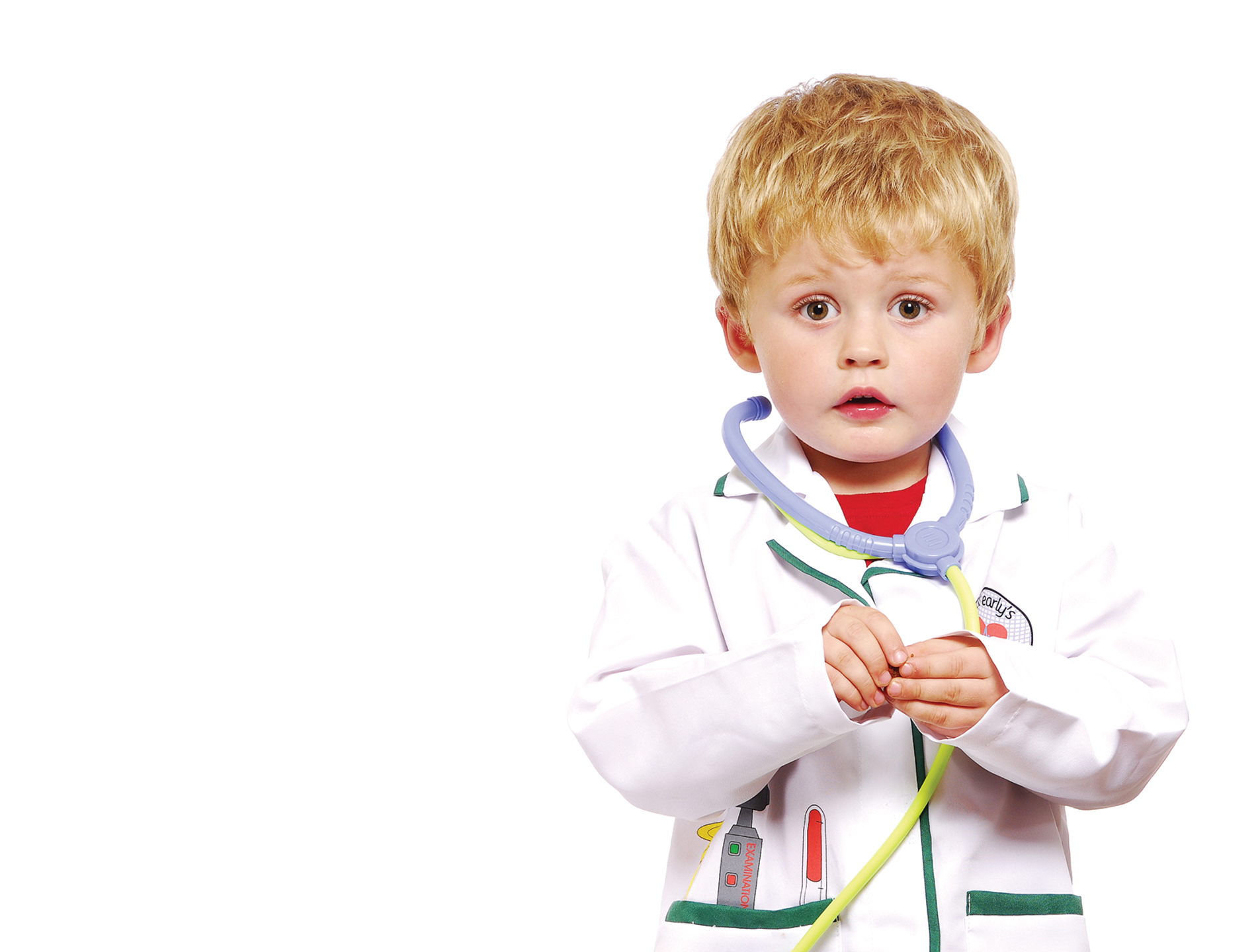
25 Oct The importance of pretend play in the lives of young children
Professor Nicola Yelland highlights the importance of pretend play in young children and the value brought to it by books such as the new Peppa Pig ‘When I Grow Up’ program.
In pretend play, the young child is not just taking on the ‘role’ of the character that they are playing with, or enacting. For them, they ‘are’ that person, animal or object, and the scenes that they create and perform, are a window into the ways in which they are interpreting the world, and how they are making meaning about the behaviours, actions and ideas that they experience. This is why it is important for young children to experience pretend play. In enacting these scenarios, we realise that pretend play creates learning contexts that are rich and varied. They help children to explore the experiences of others and in doing so, enables them to understand their own identities, and how they ‘fit’ into the world. They do this in a context of their own meaning making where they can engage in risk taking, planning, creating fantasies and examining ‘real world’ scenarios.
The more varied the experiences, the greater the understanding
The catalysts for these scenarios and their relevance to young children’s lives will come from many, and varied, sources. What is different about learning in the 21st century is that it is multimodal. That is, children have opportunities to learn via all their senses in visual, aural, oral and kinaesthetic modalities, or other forms, including the use of new technologies. They will see and hear things that happen in their everyday lives, in the car, garden, or while shopping with their parents. They will also have access to toys, natural and man-made materials, books, TV, Apps, and other media which enable them not only to experience familiar things and events, but also expose them to amazing and fantastic stories from creative minds that explore the potential of things that might not be possible in everyday life. They will also have opportunities to express their ideas in these modalities; in plays, drawings, using music and movement and a range of other ways. The more varied the experiences, the greater the understandings they will acquire, as well as the possibilities of meaning making for deep learning to occur.
Challenge their thinking and stimulate their curiosity
The new focus for Peppa Pig ‘When I Grow Up’ programs has the potential to be a rich source of learning for young children. They already resonate with the character, her family and friends and will relate to the scenarios about roles and responsibilities that different citizens in our communities have. Children love watching Peppa and he friends in their various adventures and if they are able to see Peppa and her friends envisioning their future lives as farmers, fire personnel, doctors and various other professions they will be able to explore and experiment with these roles in embodied contexts that characterise pretend play. Additionally, with other toys and materials they will be able to extend this play into different modalities to creatively deepen their learning understandings about the world.
In addition, educators and parents will interact with the children as they are playing and engage them in conversations to extend their vocabulary, challenge their thinking and stimulate their curiosity. Such experiences constitute playful explorations in which the child is able to experiment with any ideas or materials that they want to and extend their play into the different dimensions with different materials and modalities. They are essential to healthy and creative childhoods and as educators and parents, we strive to support this type of deep learning in contemporary times.
About Nicola Yelland (Professor of Early Childhood Studies Flinders University, Adelaide SA)
https://www.flinders.edu.au/people/nicola.yelland

Peppa Pig books are available now from all good bookstores. For more information on Peppa Pig titles and stockists’ details, visit www.penguin.com.au.

